As a marketer, I deeply understand the value of branding. As a coach, I deeply understand the value of authenticity. A powerful brand is authentic. A brand that works feels obviously true to your target audience. So it might seem that undertaking the exercise of clearly identifying and then living one’s personal brand has a predetermined outcome. If we strive to be authentically who we truly are, then our brand is a fait accompli, right? Let’s see.
A brand is your promise to your customers. That’s it. Note that a promise is a forward-looking thing. It’s about what’s going to happen. It’s about what it’s going to be like for your customer when they buy your stuff. Your personal brand is a promise of what it will be like when your people work or play with you. It’s something that hasn’t happened yet! It’s a possibility that feels to them like a probability.
A personal branding strategy is implemented via the same tactics used by the consumer products companies: a logo (our LinkedIn profile picture or personal website logo), how our advertising feels (our phone manner, our Facebook pages, what we tweet, how we dress), our language, who endorses us (LinkedIn connections, club memberships, Facebook friends), etc. But the brand is not the tactics. The brand is the promise.
“Your personal brand is a promise of what it will be like when your people work or play with you. It’s something that hasn’t happened yet! It’s a possibility that feels to them like a probability.”
If people are going to embrace your brand and trust that you’ll deliver on your promise, your brand has to be consistent with their previous experiences of you. That’s where authenticity comes in. We are all growing, evolving beings. We’re all in the process of becoming who we’ll be next. Our brands, then, are evolving too – even if we aren’t trying to change them. People see the promises we make, either overtly or by implication, in the context of their previous experiences of us.
Someone who has played the game of life as a win-lose combatant probably can’t effectively make a brand promise of hugs and peace – even if they’ve truly had a life-changing shift in their world view. They might, however, build a brand around their leadership and change management strengths. That brand strategy could both authentically reflect where they’ve been and where they intend to go. Consider someone who’s been a smart, optimistic but logical marketer who has discovered how quantum physics is changing our understanding of how we create our own experience of the world. They probably couldn’t pull off a brand that makes others perceive them as a Buddha-like guru. But they might find success building a brand based on their happy, smart experience in pursuit of happiness in the workplace and life.
So yes, personal branding can help you become something new, as long as the promise you’re making fits comfortably in your customers’ current perception of who you are. In a subsequent post I’ll walk you through the six steps of building an effective personal brand. Until then, ask yourself, “How is it going to feel for my people (customers, managers, peers, family – whomever your target audience may be) to be with me today? What about how I show up today will be different than the way others like me show up?”

